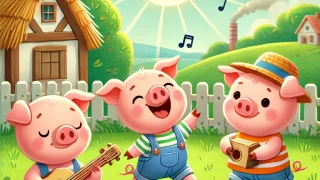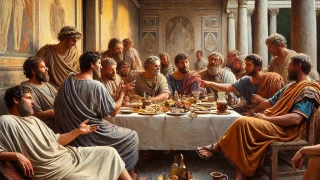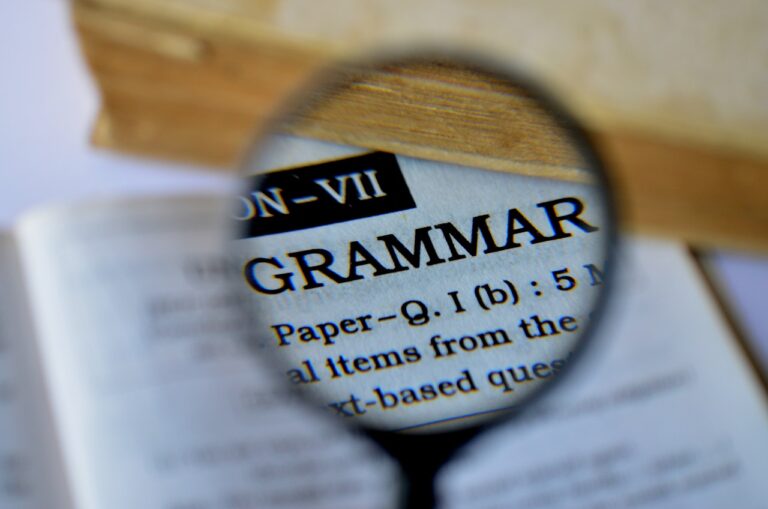The passato prossimo (present perfect) is one of the most commonly used past tenses in Italian. It’s used to talk about actions or events that happened in the past but are connected to the present (similar to “I have eaten” or “I ate” in English). Here’s a beginner-friendly guide for English speakers!
1. How to Form the Passato Prossimo
The passato prossimo is made up of two parts:
- A helping (auxiliary) verb: essere or avere in the present tense
- The past participle of the main verb
Formula:
[Present tense of essere/avere] + [Past participle]
2. Step-by-Step Guide
A. Choose the correct auxiliary verb
- Avere (to have) is used with most verbs.
- Ex: Io ho mangiato. (I ate.)
- Essere (to be) is used with:
- Verbs of motion or change (e.g., andare = to go, arrivare = to arrive)
- Reflexive verbs (e.g., lavarsi = to wash oneself)
- Lui è andato. (He went.)
- Lei è andata. (She went.)
B. Form the past participle
- For -are verbs, replace “-are” with -ato:
- Mangiare → mangiato (to eat → eaten)
- For -ere verbs, replace “-ere” with -uto:
- Avere → avuto (to have → had)
- For -ire verbs, replace “-ire” with -ito:
- Dormire → dormito (to sleep → slept)
3. Examples with Avere
Here are examples with the auxiliary verb avere:
- Io ho parlato con Maria. (I spoke with Maria.)
- Noi abbiamo finito il lavoro. (We finished the work.)
- Tu hai letto il libro? (Did you read the book?)
4. Examples with Essere
Here are examples with the auxiliary verb essere:
- Lui è andato al negozio. (He went to the store.)
- Lei è arrivata tardi. (She arrived late.)
- Noi siamo stati in Italia. (We were in Italy.)
5. When to Use Passato Prossimo
Use passato prossimo for actions that:
- Happened once in the past:
- Ho visto un bel film. (I saw a good movie.)
- Were completed in the past:
- Hanno comprato una casa. (They bought a house.)
- Are still relevant to the present:
- Ho studiato molto oggi. (I studied a lot today.)
6. Common Time Expressions
These words often go with passato prossimo:
- Ieri = Yesterday
- Stamattina = This morning
- Oggi = Today
- Un’ora fa = An hour ago
- La settimana scorsa = Last week
7. Practice Sentences
Try these examples:
- Io ho mangiato una pizza. (I ate a pizza.)
- Tu hai viaggiato in Europa? (Did you travel in Europe?)
- Lei è uscita con gli amici. (She went out with her friends.)
- Noi siamo arrivati alle 8. (We arrived at 8.)




















